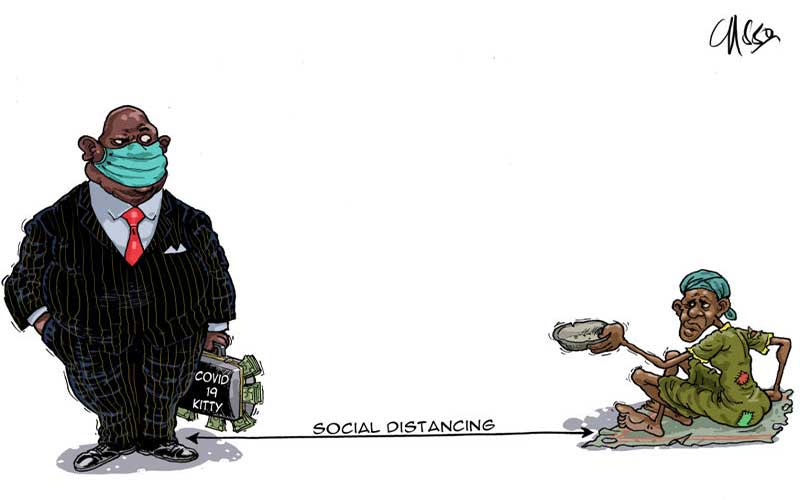×
The Standard e-Paper
Smart Minds Choose Us

As countries across Africa grapple with the Covid-19, many governments and humanitarian organisations are implementing cash transfer programmes to support poor families.